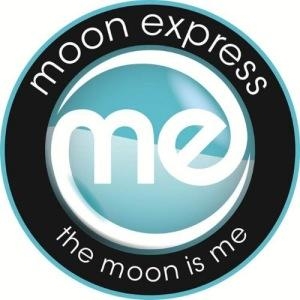Until recently, the exploration and exploitation of space was a dominated by national governments which could bear the tremendous expense of launching payloads to orbit and beyond. But now there are many private companies that have entered the space race. These companies are developing their own launch capability and looking for ways to profit from access to space. One big factor in the commercial exploitation of space is the drafting of new laws which will permit private ownership of resources obtained from asteroids, moons and other planets.
Some companies are launching satellites for other companies. There are companies that are working on developing the ability to mine metals on asteroids and return them to Earth. More ambitious private projects include working on plans for the private exploration of the planet Mars. The Moon is also a target of great interest. There are many minerals there that could be mined. It may also be possible to mine the Moon for profitable resources such as Helium 3 which could be used in nuclear fusion power plants.
Moon Express is a Cape Canaveral company founded by dot-com billionaire Naveen Jain, Bob Richards and Barney Pell in 201 "that plans to offer commercial lunar robotic transportation and data services with a long-term goal of mining the Moon for resources, including elements that are rare on Earth, including niobium, yttrium and dysprosium." The company also wants to mine the Moon for profitable metals such as titanium and platinum.
Moon Express has developed and tested its spacecraft MX-1 which will be launched as a secondary payload by Rocket Labs which has contracted with Moon Express for three launches. Moon Express has also developed the MTV-1X lunar lander and flown it on test flights.
Under the U.N. 1967 Outer Space Treaty, any private individual or organization that wants to land on the Moon has to get permission from the appropriate national government which, in the case of Moon Express, is the U.S. Government. The approval by the Federal Aviation Administration of the request by Moon Express represents the first time that a private company has been granted permission to launch a spacecraft that will travel to and land on another celestial body.
Moon Express plans to launch the MX-1 in 2017 that will carry the MTV-1X lunar landing module that which is about five feet in diameter. After landing, the MTV-1X module will move around the lunar surface to explore the area near the landing site.
If Moon Express can successfully carry out its mission to land a vehicle on the surface of the Moon, it will be in competition for Google's twenty million dollar Lunar X-Prize. In order to win the competition, the Moon Express lander will have to travel at least five hundred meters. It will also have to send back high resolution still images and videos.
Winning the Lunar X-Prize would bring in millions of dollars that could be used for further research and development of the Moon Express lunar project. The publicity would also be worth millions of dollars and would draw in other investors.
